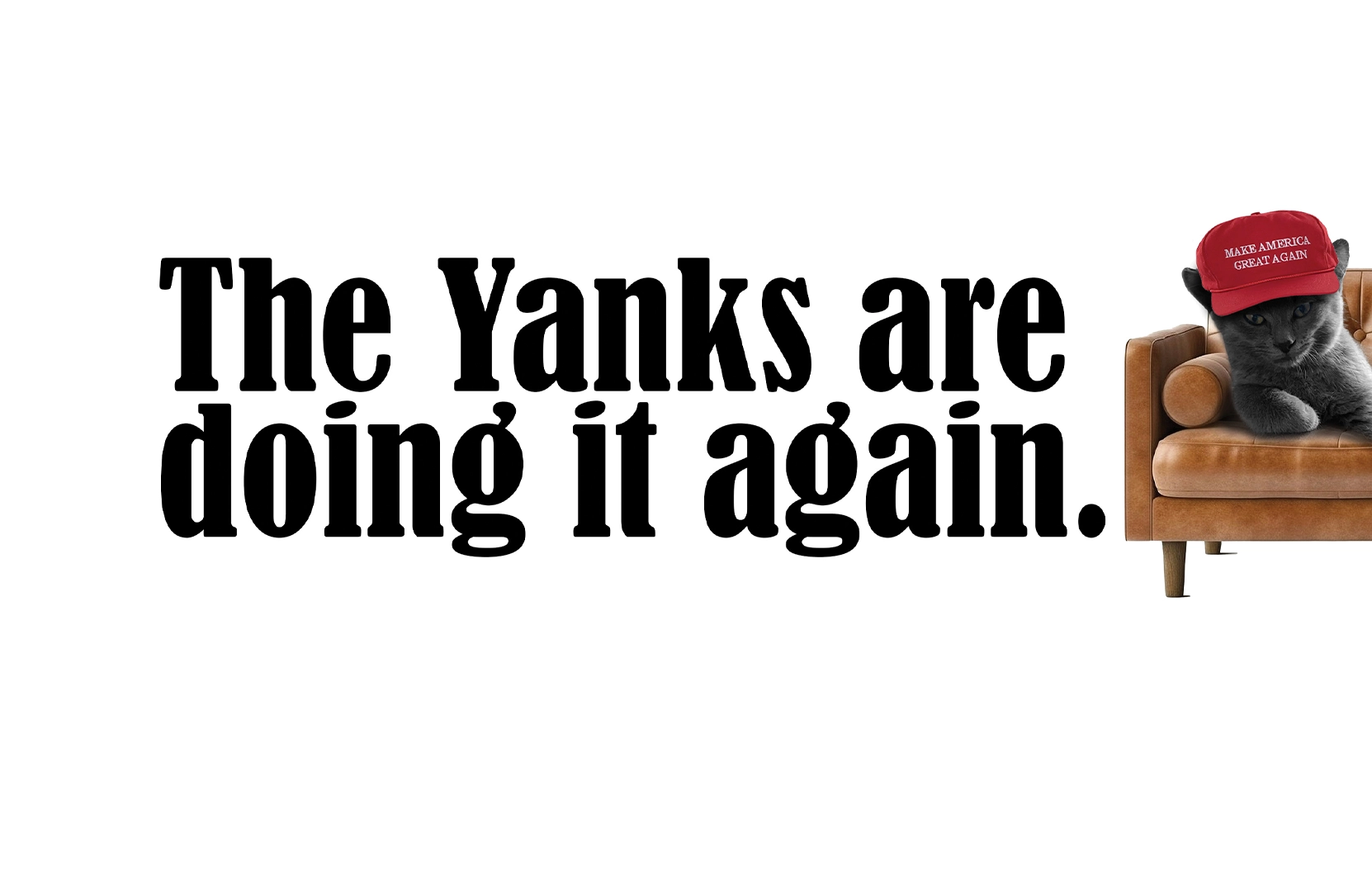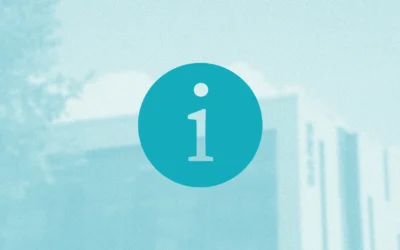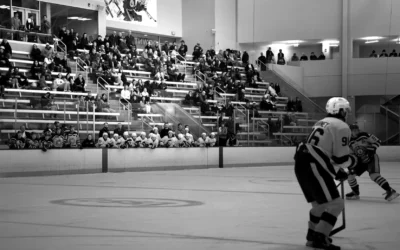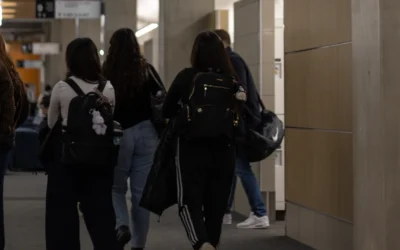How to deal with US politics while getting an education
Originally published on October 1, 2024
It’s the day after the first official US presidential debate between Kamala Harris and Donald J. Trump. I’m slouched over on my phone looking at an AI-generated image of Trump playing an electric guitar alongside a stormtrooper.
Next, I see an AI-generated meme of cats adorned in MAGA hats while brandishing assault rifles. I see pictures (yes, multiple) showing Harris pregnant with Donald Trump’s child and images of Trump majestically riding a lion.
“Look at their party platforms, what they’re proposing to do, or like, the platforms that they’re running on,”
Brendan Boyd, MacEwan political science professor
Did Harris really have a brat summer? Did Trump’s ear grow back kind of fucked up? Did J.D. Vance really have sexual relations with a piece of furniture? I’m not sure, but I see it all without even having to go looking for it. It finds me.
In class, I continue to hear last night’s best. “I, too, have a concept of a plan,” says someone in my News Media and Democracy class. Others riff on Trump’s now-viral line about performing “transgender surgeries on illegal aliens” or joke about whatever is supposedly happening to the animals of Springfield, Ohio.
I don’t really know what happened. I did not watch the debate, and I’ve been trying to swear off US politics like one swears off Cheetos and Orange Fanta — I still indulge from time to time. I’ve been trying to listen to the advice Brendan Boyd, a political science professor here at MacEwan, told me days prior to this fiasco.
“Try not to let it stress you out too much,” Boyd said. “The way that the media portrays it and the way that politicians portray it is like a huge struggle where everything matters, and we need to be constantly stressed and worried about all this.”
“Think about the things that you can control.”
The things I can control, in this sense, are local, right in front of me. Local politics, such as the city council and the SAMU students’ council election, are happening this month. But I’ve yet to see or hear anybody outside of an excitable journalism class so much as name-drop a city councillor. It’s almost always about the Yankees.
“Think about the things that you can control,”
Brendan Boyd
But what am I supposed to do with the never-ending info wave of US politics? Auslen, a student in the music program here at MacEwan, chats with me about it.
“I mostly only watched it to upgrade my Trump impression, to be honest,” he says.
Auslen points out to me that it’s a lot of joking for us Canadians, that it becomes entertainment. But, he says that if something is going to affect life in Canada we need to get serious.
Lily, a paralegal student at MacEwan, agrees.
“America’s a superpower country, right? And if you’re running for president to run a country so powerful [with] the misinformation and everything he’s spewing — I feel like he needs to work on that.”
“Just the way the country is, it feels like it’s a meme — almost like an SNL skit. I feel like everything is chaotic.
“They need to find some order.”
Decisions made by these potential world leaders will impact us.
When we spoke prior to the debate, Boyd provided a bit of insight into how he tells his students to read political theatre. While the media focuses on personalities, drama, and who’s winning what horse race, he tells his students to focus on policy.
“Look at their party platforms, what they’re proposing to do, or like, the platforms that they’re running on.”
Should Trump take office, he could move forward with Keystone XL, and Alberta Premier Danielle Smith may already be considering re-visiting the failed pipeline project should Trump win the presidency in November.
And it’s not just pipelines that have skin in the game. In an interview with CTV news, Ruhee Ismali-Teja, vice president of policy and external affairs for the Calgary Chamber of Commerce, said Albertans may be concerned because our economy is “trade exposed.”
“Just the way the country is, it feels like it’s a meme — almost like an SNL skit. I feel like everything is chaotic.”
Lily, MacEwan paralegal diploma student
A lot of Alberta’s economy involves industries that travel across borders and are vulnerable to international competition. Ismali-Teja says we’re paying closer attention to the US election than other parts of Canada.
So tariffs, pipelines, and trade agreements like NAFTA — all things in which the US’s executive branch has a say — are things that could make big waves from across the border. The memes are suddenly less funny and feel more like a distraction.
But regardless of what’s going to go down in the states next month, Canadians won’t have a say. No matter how much election coverage gets shoved in our faces — we won’t get to vote. And we may have our own elections to worry about sooner than we think.
On the day I chatted with Boyd, federal NDP leader Jagmeet Singh tore up the confidence and supply agreement, which helped keep the Liberals in a pseudo-majority. Now, an election could be called any at minute — and we’ll be plunged into the same pool of campaign politics the Americans are currently swimming in.
Graphic by Forrester Towes





0 Comments